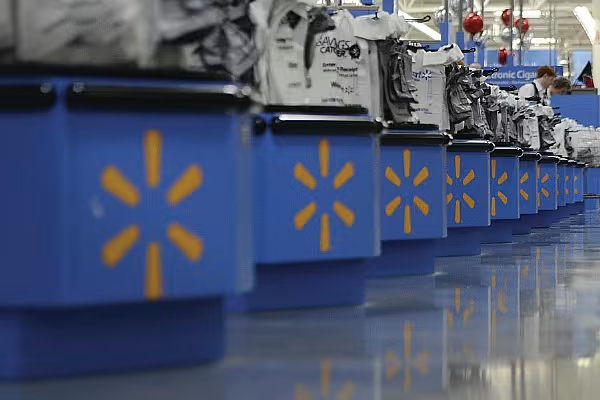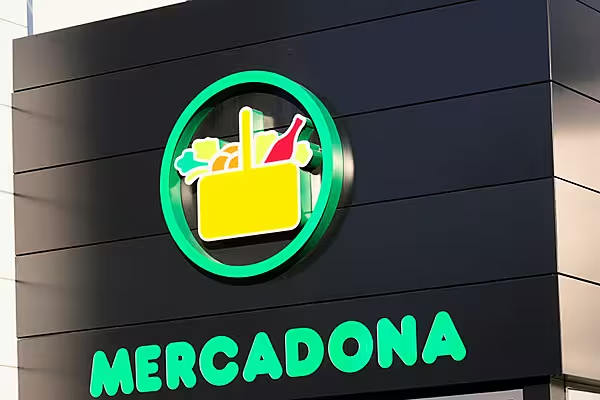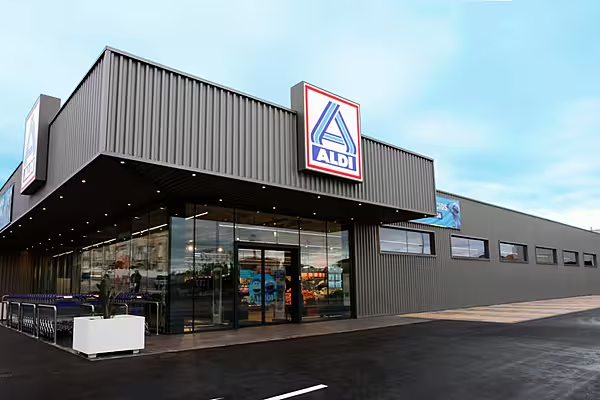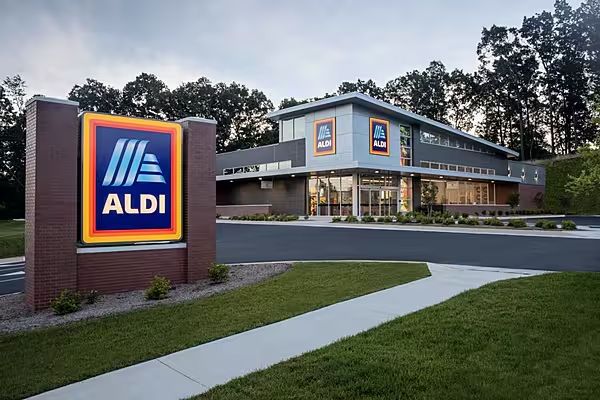The Federal Trade Commission's bid to block grocer Kroger's $25-billion (€23.1 billion) acquisition of Albertsons could benefit Walmart, a rival whose close relationships with suppliers already gives it a price advantage over other chains, investors, consultants and analysts said.
Overall Walmart had a 24% share of the US grocery market in 2022, according to CFRA Research. Walmart intends to focus on keeping its grocery prices as low as possible, a move that its executives said on an earnings call helps Walmart continue to draw shoppers into its 4,700 US stores.
One factor in Walmart's success has been its buying power with major food and household staples suppliers, such as Procter & Gamble and Conagra. Walmart alone already accounts for 15% of P&G's total annual sales to retailers, and 28% of Conagra's.
The FTC challenge to Kroger's acquisition of Albertsons on antitrust grounds "just makes Walmart stronger," said Burt Flickinger, managing director at retail consulting firm Strategic Resource Group, and a Kroger advisor.
If the deal fails following the FTC's challenge, companies that make consumer products like Tide detergent and Huggies diapers will continue to be "beholden to Walmart," Flickinger said.
"The government is de facto helping an entrenched competitor" - Walmart - "by not letting others get big enough to challenge them," said Walmart investor David Klink, senior research analyst at Huntington Private Bank, which also owns shares of Target and Amazon.
Competitive Advantage
Peter Cohan, associate professor of practice in management at Babson College said that "non-unionised grocers like Walmart and Amazon as well as Aldi will gain a competitive advantage" if the merger falls through. "The FTC noted that grocery prices have gone up substantially and it wants the winners to be the grocers that offer good quality at lower prices," he said.
Just 10 chains – Walmart, Kroger, Costco, Albertsons, Sam's Club, Publix, Ahold-Delhaize, Dollar General, Target and Aldi – controlled 60% of the total US grocery market in 2021, according to Bernstein research.
The National Grocers Association, a trade group that represents thousands of smaller independent food retailers and wholesalers, says that four big food retailers – Walmart, Kroger, Costco and Albertsons – leverage market share to "box out" suppliers, resulting in deals that shift higher prices onto smaller stores.
The deal falling apart could be good for packaged food makers — if that happens — because they would have a bigger pool of buyers, said Robert Klaber, a portfolio manager at Parnassus Investments, which holds P&G and Mondelēz shares.
Playing Catch-Up
Store count is another area where Walmart may gain an advantage. Walmart declined to comment. Generally, Walmart tends to operate four Walmart Supercentres for every 25,000 to 30,000 people in a residential area.
In California, Walmart has only has one Supercentre for every 100,000 people, indicating room for expansion there and in other states with similar store to customer ratio, Flickinger said.
Walmart has announced plans to open 150 new stores over the next five years and renovate 650 others across 47 US states and Puerto Rico this year. Walmart has not disclosed all the locations it will open and renovate.
The FTC lawsuit also poses a distraction, especially for Albertsons employees facing an uncertain future following any acquisition by Kroger. "We have seen it oftentimes. When the acquirer and the target are in limbo, they lose a lot of talent," D.A. Davidson analyst Michael Baker said.
Read More: Top 10 Supermarket Retail Chains In The United States
Walmart's price gaps with competitors and curbside pickup and delivery options are also attracting a lot more high-end customers since the pandemic. Kroger and Albertsons will have to "play catch-up," he said.
The prolonged uncertainty surrounding the merger could also stymie Albertsons' progress on growth initiatives, while Walmart continues to demonstrate strong sales, according to Arun Sundaram, an analyst at CFRA Research.
In their most recent quarterly performance, Kroger posted a 0.6% drop in US comparable sales, while Albertsons posted a 2.9% increase and Walmart a 4% rise.
Kroger and Albertsons have cautioned that a blocked merger would empower Amazon and Walmart.
"This (FTC) decision only strengthens larger, non-unionised retailers like Walmart, Costco and Amazon by allowing them to further increase their overwhelming and growing dominance of the grocery industry," Kroger said in a statement.













